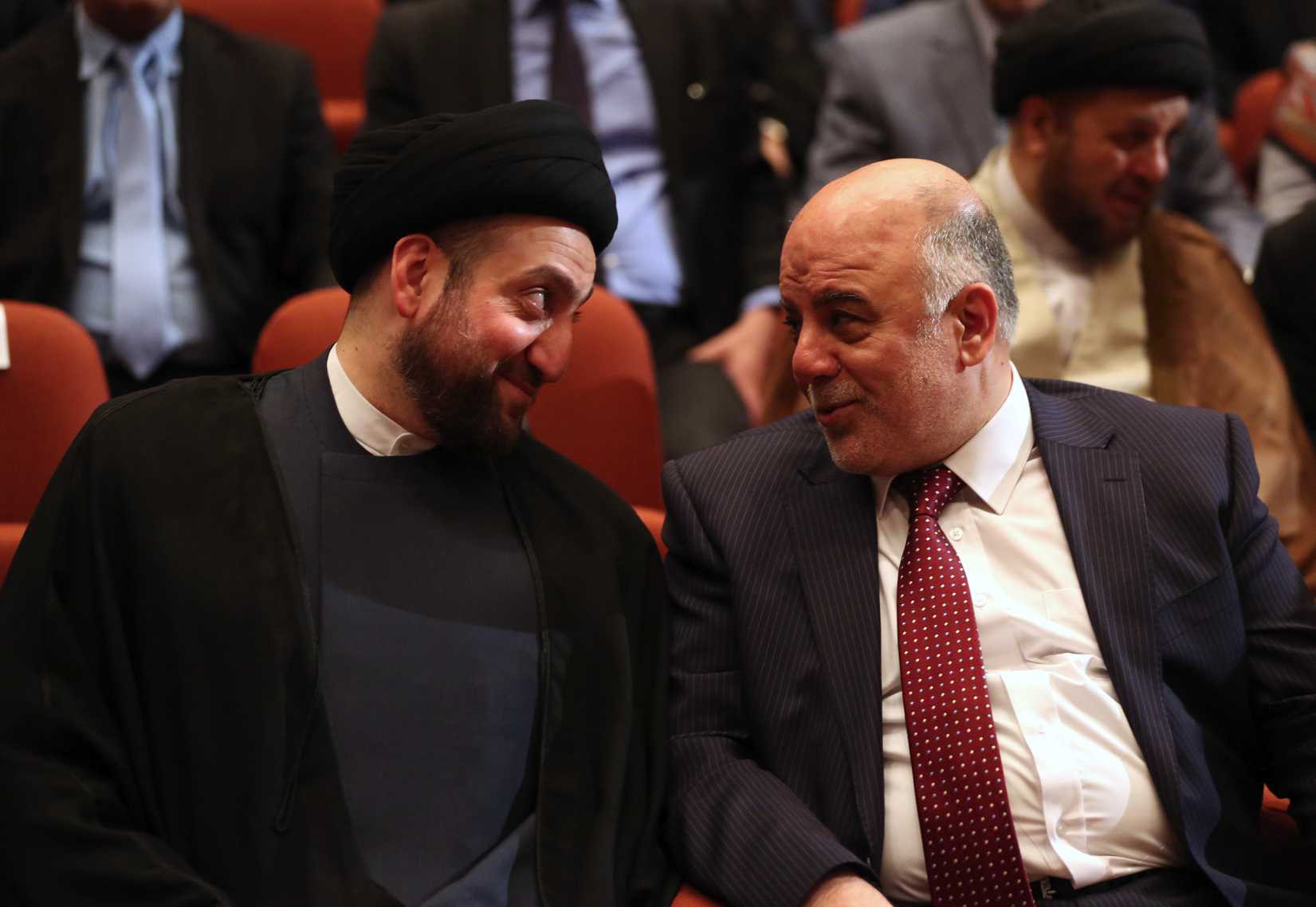
Iraq’s parliament has approved a new government, setting the stage for expanded U.S. military support to battle the Islamic State of Iraq and Greater Syria (ISIS).
The new cabinet was sworn in amid mounting international and domestic pressure to end a weeks-long political deadlock between the nation’s Shi‘ite majority and its Sunni and Kurdish minorities. Incoming Prime Minister Haider al-Abadi, a Shi‘ite, will be flanked by Sunni and Kurdish deputies, both of whom have also been appointed key ministerial posts.
Al-Abadi released a statement, in which he vowed to “work with all communities in Iraq.” U.S. Secretary of State John Kerry called the new government a “major milestone.”
Yet the power-sharing deal wasn’t reached until a stormy Monday parliamentary session spilled well into the night, just barely staving off the Wednesday constitutional deadline. Several key posts were also left vacant, including those of Defense and Interior Minister. Al-Abadi has promised to fill those positions within a week.
The new government arrives at a precarious juncture. Over the past few months, ISIS militants have taken control over vast swaths of Iraq’s northern territory and continue to pose a serious threat to the central authorities.
Many Sunni rebels have been recruited into the extremist group’s swelling ranks after becoming estranged by a government seen to support indiscriminate attacks against Sunnis. There is also a long-standing conflict between Baghdad and Kurds over oil revenues, the nonpayment of which has weakened the Kurdish resistance against the extremists.
Al-Abadi’s predecessor Nouri al-Maliki resigned in August amid accusations from the Sunni and Kurdish communities that he was bolstering sectarianism. The new Prime Minister touched on these tensions by praising Shi‘ite militias and citizens who stopped ISIS fighters from reaching Baghdad this summer, but also declaring that “any armed formation outside the authority of the state is banned,” Reuters reports.
The new cabinet sets the stage for U.S. President Barack Obama’s expected announcement Wednesday of a wider battle strategy against ISIS that would hinge on inclusive reforms in Iraq.
“Now is the time for Iraq’s leaders to govern their nation with the same vision and sense of purpose that helped bring this new government together in the first place,” Kerry said in response to the new government. “In that effort they should know that the United States will stand shoulder to shoulder with Iraqis as they implement their national plan.”
However, huge uncertainties remain over what impact the power-sharing deal will have. Sunni militants have indicated that they may switch sides if the power structure in Baghdad was reformed, the BBC reports, but there are also doubts over what reforms the election of al-Abadi, who comes from the same political party as al-Maliki, would bring. Al-Maliki was sworn into the mainly ceremonial role of co–Vice President on Monday.
“Appointing someone from the same Dawa party to succeed [al-Maliki] is like appointing a Baathist to replace Saddam Hussein,” a tribal leader going by the nom de guerre Abu Muhammad al-Zubaai told the British broadcaster.
In addition, the Kurdish parliamentary delegation has reportedly set a three-month deadline for sorting out their differences with Baghdad.
U.S. Secretary of State John Kerry says “almost every country” has a role in fighting ISIS.
More Must-Reads from TIME
- Why Trump’s Message Worked on Latino Men
- What Trump’s Win Could Mean for Housing
- The 100 Must-Read Books of 2024
- Sleep Doctors Share the 1 Tip That’s Changed Their Lives
- Column: Let’s Bring Back Romance
- What It’s Like to Have Long COVID As a Kid
- FX’s Say Nothing Is the Must-Watch Political Thriller of 2024
- Merle Bombardieri Is Helping People Make the Baby Decision
Contact us at letters@time.com